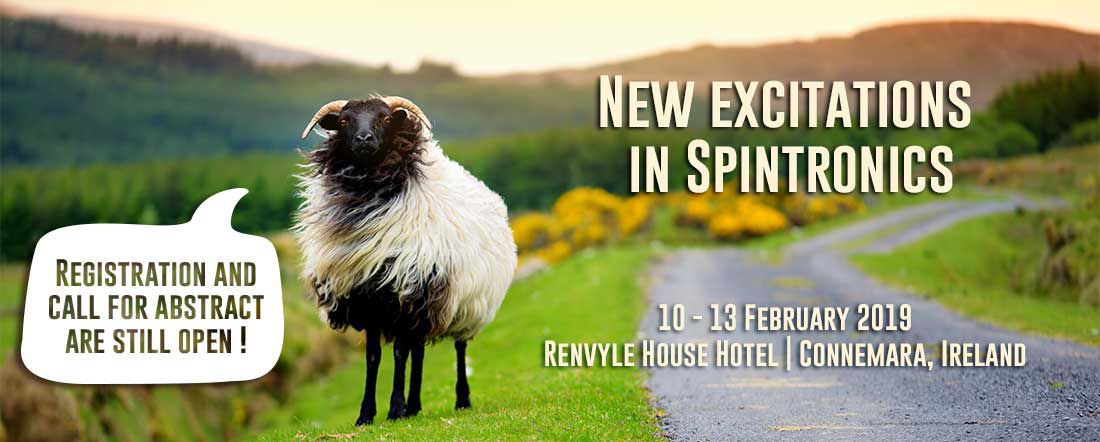Speaker
Description
Spin-orbit coupling (SOC) profoundly affects the band structure of a material, and is at the heart of magnetic anisotropy, the spin Hall effect, and the Dzyaloshinskii-Moriya interaction. Since in the simplest picture the SOC of a material increases $\propto$ $Z^4$, where $Z$ is the atomic number, there has recently been intense focus on systems containing relatively heavy non-magnetic metals such as Pt, Au and Ir in spintronics research for use in spin-torque geometries, for example. However these heavy metals in close proximity to magnetic materials are susceptible to proximity-induced magnetism, which complicates the understanding of spin polarised current injection.
Here we study uranium thin film systems which in Bristol we can precisely control. I will introduce how we can vary the crystallinity as well as crystal structure using precise growth techniques. Then I will discuss experimental and theoretical studies of FM/U (FM=Fe,Ni,Co) bilayer systems, where it may be possible to disentangle the role of the induced moment and that of the large spin-orbit coupling. We focus on the effect of U on the magnetic anisotropy of the magnetic layer in the context of previous X-ray circular dichroism measurements, which observed negligible induced moment in U when grown on Ni and Co, but a large moment when grown on Fe.

